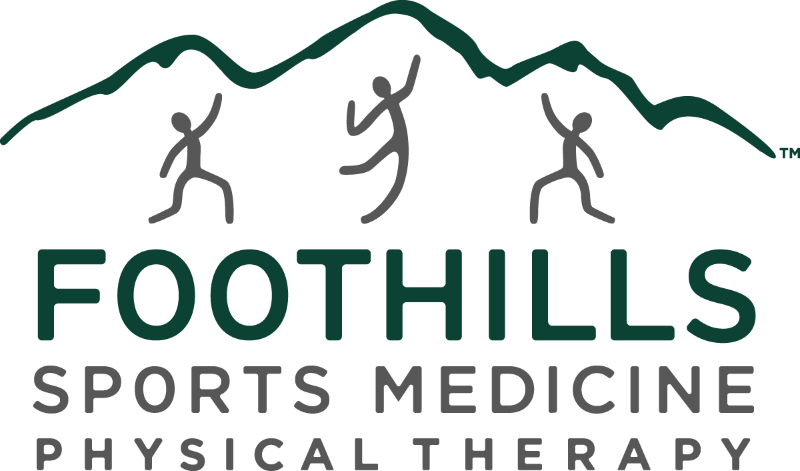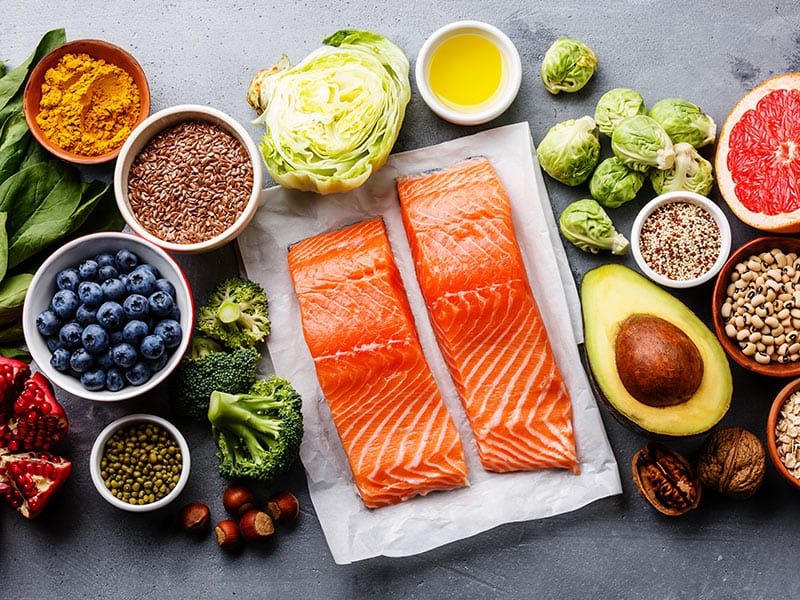Proper post-workout nutrition is essential for those interested in increasing lean body mass, losing weight and achieving their fitness goals. For those new to fitness, you may find yourself in a nutritional supplement store surrounded by hundreds of different options that ensure you will become a lean machine. It will empty your bank account at the same time too. Instead of going through all the different supplement options on the market, I will discuss what the current research shows regarding ingesting protein and carbohydrates post-workout for both weightlifters and endurance athletes.
Proteins and carbohydrates serve different purposes when ingested in the body.
When ingested, carbohydrates are transported as glucose molecules by insulin which is utilized as an immediate source of energy by the brain and muscle tissue (1). Insulin is considered an anabolic (muscle building) hormone since it is responsible for transporting carbohydrates and amino acids into muscle cells which initiates protein synthesis and muscle repair (2). Whatever carbohydrate is left over it is stored as glycogen in muscle tissue and the liver (1). It is important to closely regulate the number of carbohydrates ingested because once the optimal levels of muscle and liver glycogen levels are reached the body converts excess carbohydrates to fat through a process called de novo lipogenesis (3). During this process, glucose molecules are converted and stored as fat which can lead to weight gain when consumed in excess.
When more energy is required, glycogen is broken down from their storage sites in the liver and muscle.
It is utilized as the bodies primary fuel source. Fatty acids are also a major fuel source for light to moderate intensity and long duration activities (4). In the absence of glycogen or carbohydrate intake, gluconeogenesis occurs which allows the body to create glucose from non-carbohydrate sources such as amino acids. This is commonly referred to as a protein (5). It allows the body to regulate energy levels in the absence of carbohydrates but can have a negative effect on muscle tissue since it puts it in a catabolic state or muscle breakdown.
For athletes who perform long duration, low-intensity exercise, they can deplete their carbohydrate stores within 90-120 minutes (6).
At this point, the body utilizes a greater percentage of fats and proteins as an energy source which places the body in a catabolic state meaning it breaks down muscle tissue for energy. Therefore, it is essential for endurance athletes to ingest carbohydrate supplementation either during or immediately following their event in order to avoid protein breakdown and muscle loss. It has also been suggested that higher intensity training such as HIIT training can deplete glycogen levels within 20-30 minutes (6). For endurance athletes, there has been evidence suggesting consuming 3-4 grams of carbohydrates for every 1 gram of protein ingested in order to promote glycogen synthesis within the body and prevent protein breakdown.
Typically, people who perform resistance training do not need to ingest an increased amount of carbohydrates post workout(8).
For many years it had been suggested that ingesting a combination of carbohydrates and protein following resistance training was essential for increasing lean muscle tissue and to promote muscle hypertrophy due to the increased insulin response from ingesting carbohydrates. However, several research studies have concluded that the insulin response from amino acids alone is sufficient to promote muscle repair (8). Also, there were no significant changes in strength gains or muscle hypertrophy when comparing individuals who consumed only amino acids post-treatment versus a combination of carbohydrates and protein (9). The research did suggest that additional research in the area is needed to make substantial claims, but the current evidence does not suggest that a combination of carbohydrates and protein ingestion is more effective than protein ingesting alone for people who perform resistance training.
Ingesting carbohydrates and amino acids post-workout is essential for long duration workouts performed by endurance athletes who are training for 90+ minutes at a time to prevent muscle catabolism (protein breakdown) and to effectively replenish their energy stores for their next workout. However, additional carbohydrate supplementation has not been concluded to be beneficial for those completing resistance training alone since the carbohydrate and fat stores are sufficient to fuel the body and prevent muscle breakdown. For those who perform resistance training, ingesting additional protein alone has been shown to be effective in promoting muscle hypertrophy and muscle repair.
Get your move back with Foothills. With locations all around the valley, we have one near you to get started today!
References
- https://www.ncbi.nlm.nih.gov/pmc/articles/PMC4224210/
- https://www.ncbi.nlm.nih.gov/pubmed/16705065
- https://examine.com/nutrition/how-are-carbohydrates-converted-into-fat-deposits/
- https://riordanclinic.org/2012/04/fuel-sources-during-exercise/
- https://www.ncbi.nlm.nih.gov/books/NBK22591/
- https://8fit.com/fitness/glycogen-depletion-signs-symptoms-and-working-out/
- https://www.ncbi.nlm.nih.gov/pubmed/18834505
- https://breakingmuscle.com/fuel/carbs-and-protein-do-we-need-both-after-a-workout
- https://jissn.biomedcentral.com/articles/10.1186/1550-2783-10-42




